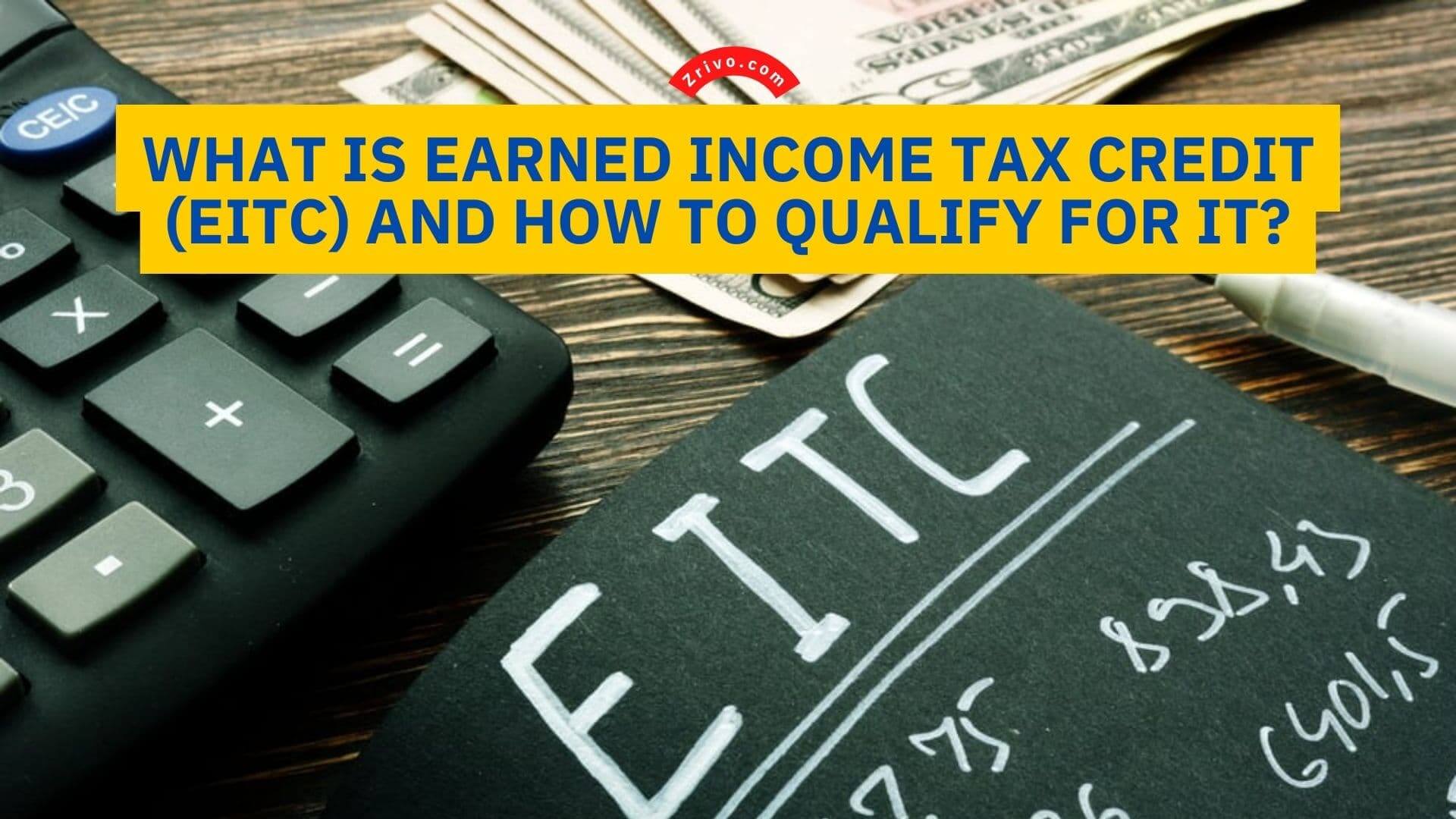
The Earned Income Tax Credit (EITC) is a refundable credit that reduces your federal taxes. You’ll get the remainder of the credit back in your federal income tax refund. In addition, it will not affect any other federal benefits you may receive. However, not everyone can claim it. There are rules for eligibility, which vary from state to state.
To claim an EITC, you must file a federal income tax return. You will need to file Form 1040EZ or Form 1040. On this form, you’ll need to complete Schedule EIC. You’ll need to file an amended return for three previous years if you qualify. However, if you did not owe any taxes in a prior year, there is no late filing penalty.

How to Qualify for Earned Income Tax Credit (EITC)?
Currently, 26 states and the District of Columbia offer this tax credit. Guam and Puerto Rico have similar programs but require filing a federal tax return. Other states like Iowa and Maine require applicants to file a tax return to qualify.
The Earned Income Tax Credit (EITC) is available to taxpayers who qualify for it. Qualified taxpayers include people who are:
- Homeless
- Former foster child.
- Certain types of students
Earned income includes:
- Wages from job employment
- Tips
- Salary
The EIC is calculated on the federal return, and the amount that can be claimed depends on the amount of money earned by the taxpayer. To be eligible, your income must be below certain thresholds, which are based on your:
- Age
- Residency in the United States
- For 2022 and 2023, you must have an adjusted gross income of less than $10,300 or $11,000, respectively.
If you are eligible for the Earned Income Tax Credit (EITC), you can get a tax break of up to $560 on your federal income tax return. The EITC is available to anyone with a low to moderate income and can result in a significant tax refund. However, some special rules apply to those with dependents and disabled individuals. Additionally, you should check with the IRS if you are in the military or a clergyperson.